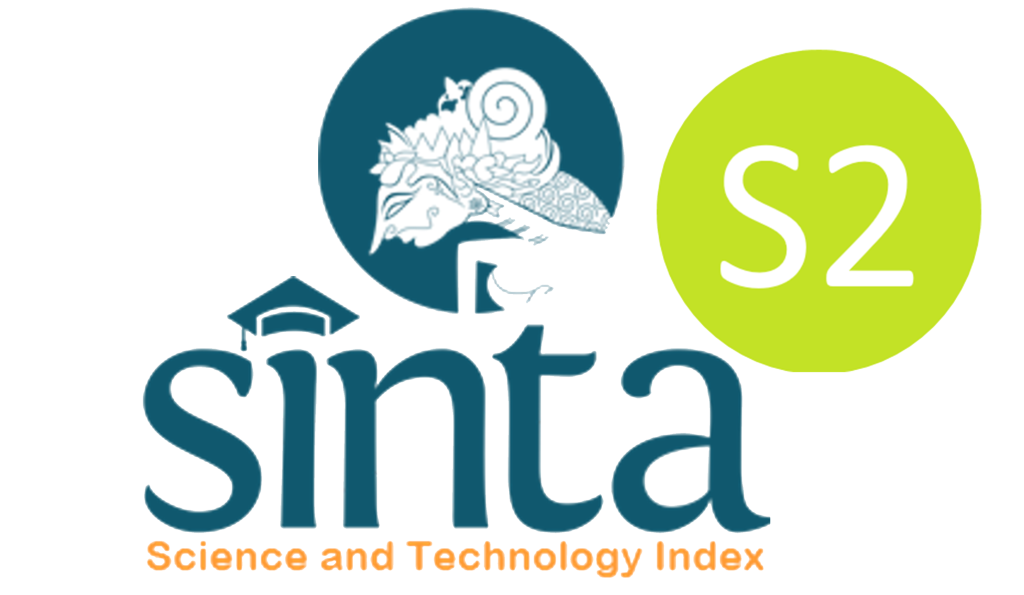THE ROLE OF THE FAMILY IN SUPPORTING THE EDUCATION OF CHILDREN WITH SPECIAL NEEDS IN THE HOME AND SCHOOL ENVIRONMENT
DOI:
10.54443/ijerlas.v5i3.3833Published:
2025-05-29Downloads
Abstract
This study aims to describe the role of the family in supporting the education of children with special needs (ABK) in the home and school environment. Using a qualitative approach with a case study method, data was obtained through in-depth interviews, observations, and documentation of several families with children with special needs in inclusive schools. The results of the study show that families provide support in the form of learning assistance, emotional strengthening, routine creation, and management of a conducive learning environment at home. In addition, parental involvement in school activities such as teacher consultations, parent meetings, and the preparation of individualized education programs also strengthen the success of children's learning processes. However, the study also identified a number of barriers faced by families, including limited time, knowledge, costs, and social pressures from the environment. These findings confirm that the role of the family is very important and multidimensional in the education of children and children. Therefore, synergy between families, schools, and communities is needed to create an inclusive and sustainable education system. This study provides recommendations for educational institutions and policy makers to strengthen the role of families in assisting children with special needs.
Keywords:
Children with Special Needs Family Role, Inclusive Education Learning Support School Collaboration.References
(US), N. P. T. A. (1997). National standards for parent/family involvement programs. National PTA.
Assyakurrohim, D., Ikhram, D., Sirodj, R. A., & Afgani, M. W. (2023). Metode studi kasus dalam penelitian kualitatif. Jurnal Pendidikan Sains Dan Komputer, 3(01), 1–9.
Data, T. P. (2015). Instrumen Penelitian. Kisi-Kisi Instrumen.
Dewi, N. C. (2025). Solusi Pendidikan Inklusi Sebagai Strategi Pembelajaran dan Permasalahan Sosial Anak Berkebutuhan Khusus. Jurnal Studi Pendidikan Anak Usia Dini, 1(2), 35–44.
Epstein, L., & King, G. (2002). The Rules of Inference. The University of Chicago Law Review, 69(1), 1. https://doi.org/10.2307/1600349
Friedman, A. J., Cosby, R., Boyko, S., Hatton-Bauer, J., & Turnbull, G. (2011). Effective teaching strategies and methods of delivery for patient education: a systematic review and practice guideline recommendations. Journal of Cancer Education, 26(1), 12–21.
Halalia, M. R. (2017). Pemenuhan Hak Politik Penyandang Disabilitas Sesuai Dengan Undang-Undang Nomor 8 Tahun 2016 Tentang Penyandang Disabilitas Oleh Komisi Pemilihan Umum (KPU) Kota Yogyakarta. Supremasi Hukum: Jurnal Kajian Ilmu Hukum, 6(2).
Joseph, L. S. (2019). Desain Pendidikan Pembebasan Bagi Anak Berkebutuhan Khusus sebagai Jalan Humanisasi. Proceedings of The ICECRS, 2(1), 49–58.
Marsini, M. (2023). Motivasi Belajar Siswa pada Pembelajaran IPS di SDN Kraton VI Maospati. Jurnal Educatio FKIP UNMA, 9(1), 302–309.
Marsini, M., Rukayah, R., & Dahlan, M. (2022). Model Problem Based Learning Dapat Meningkatkan Hasil Belajar SDN 1 Pangkalan Tiga. Pinisi Journal Pendidikan Guru Sekolah Dasar, 2(2), 659. https://doi.org/10.70713/pjp.v2i2.29627
Miles, M. B., & Huberman, A. M. (1994). Qualitative Data Analysis: An Expanded Sourcebook (2nd ed.).
Saidah, S. A., & Muthmainnah, N. (2025). Peran Pendidik dan Kebijakan Sekolah Bagi Anak Berkebutuhan Khusus Sekolah Dasar Negeri. Jurnal Pendidikan Guru Sekolah Dasar, 2(2), 11.
Selian, S. N. (2024). Psikologi anak berkebutuhan khusus. Syiah Kuala University Press.
Skinner, E. A., & Belmont, M. J. (1993). Motivation in the classroom: Reciprocal effects of teacher behavior and student engagement across the school year. Journal of Educational Psychology, 85(4), 571.
Sugiyono. (2017). Metode Penelitian Kuantitatif, Kualitatif, dan R&D. CV. Alfabeta.
Sujianto, I., Dwikoranto, D., & Marsini, M. (2023). Improving the Ability of Principals to Carrying Out Academic Supervision Through Managerial Supervision with a Collaborative Approach. IJORER International Journal of Recent Educational Research, 4(2), 239–253. https://doi.org/10.46245/ijorer.v4i2.278
Vygotsky, L. S., & Cole, M. (1978). Mind in society: Development of higher psychological processes. Harvard university press.
Wahy, H. (2012). Keluarga sebagai basis pendidikan pertama dan utama. Jurnal Ilmiah Didaktika: Media Ilmiah Pendidikan Dan Pengajaran, 12(2).
Wulandari, F. Y., Sabrina, S., Intan, I., Ariani, T., & Syam, H. (2025). Tekanan Ekonomi dan Dampaknya Terhadap Kesehatan Mental Anggota Keluarga. Jurnal Multidisiplin Ilmu Akademik, 2(4), 84–95.
License
Copyright (c) 2025 Siti Latifah

This work is licensed under a Creative Commons Attribution 4.0 International License.









